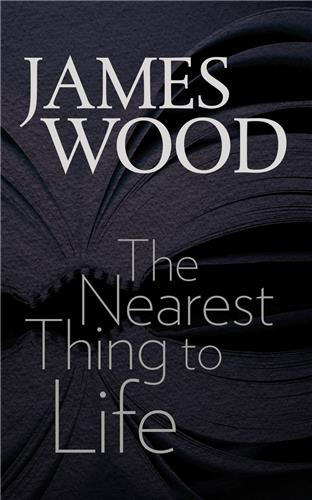In this remarkable blend of memoir and criticism, James Wood, the noted contributor to the New Yorker, has written a master class on the connections between fiction and life. He argues that of all the arts, fiction has a unique ability to describe the shape of our lives and to rescue the texture of those lives from death and historical oblivion. The act of reading is understood here as the most sacred and personal of activities, and there are brilliant discussions of individual works—among others, Chekhov’s story “The Kiss,” The Emigrants, by W. G. Sebald, and The Blue Flower, by Penelope Fitzgerald. Wood reveals his own intimate relationship with the written word: we see the development of a boy from the provinces growing up in a charged Christian environment, the secret joy of his childhood reading, the links he draws between reading and blasphemy, or between literature and music. The final section discusses fiction in the context of exile and homelessness. More than a tightly argued little book by a man commonly regarded as our finest living critic, The Nearest Thing to Life is an exhilarating personal account that reflects on, and embodies, the fruitful conspiracy between reader and writer (and critic), and asks us to reconsider everything that is at stake when we read and write fiction.


James Wood is a British-born literary critic, essayist, and novelist. He is Professor of the Practice of Literary Criticism at Harvard University and a staff writer at the New Yorker magazine.

Founded in 1971, Brandeis University Press is a nonprofit publisher dedicated to publishing innovative, high-quality books for a general audience, as well as scholarship that advances knowledge and promotes dialogue in the humanities, arts, and social sciences around the world.
© Copyright 2024, Brandeis University Press
Brandeis University Press
Goldfarb Library 69-235, MS 046
Brandeis University
415 South Street
Waltham, MA 02453
(781) 736-4547
pressinfo@brandeis.edu

Stay up to date with the newest titles and promotions from Brandeis University Press—while saving 20% on your first purchase.